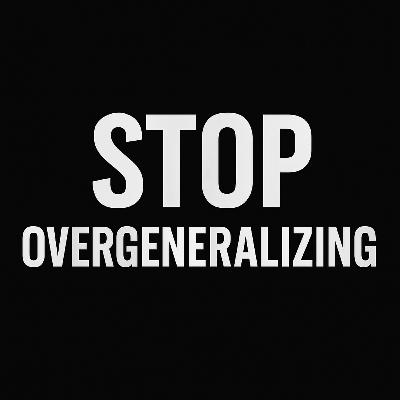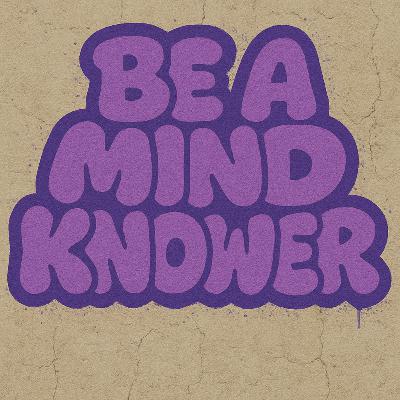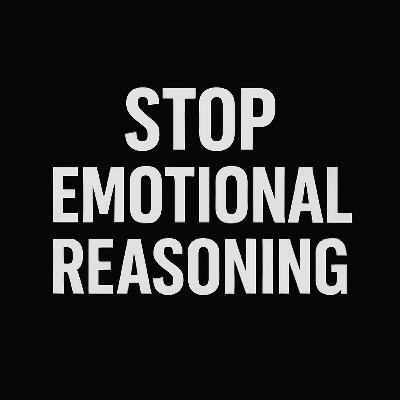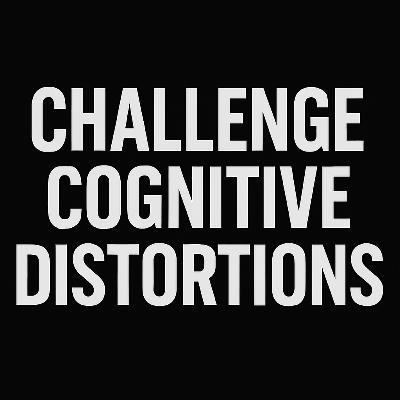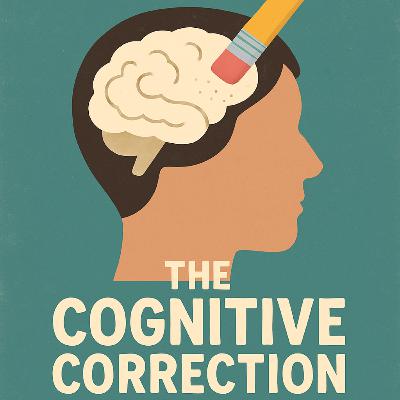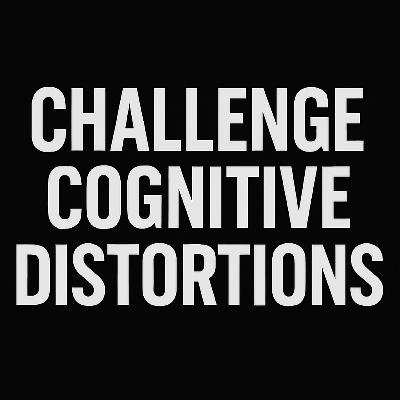Cognitive Distortion #2: Overgeneralizing pt. 1
Description
These sources discuss cognitive distortions, which are unhelpful thinking patterns that negatively impact how individuals interpret experiences and can significantly strain relationships and mental health. Specifically, they focus on overgeneralization, the tendency to draw sweeping negative conclusions based on a single event, often using absolute language like "always" or "never." The texts explain how these distortions are linked to conditions like anxiety, depression, and PTSD, and how Cognitive Behavioral Therapy (CBT) techniques, such as cognitive restructuring and reframing, can help individuals identify, challenge, and replace these thought patterns for better well-being. Overcoming overgeneralization is presented as a key step towards healthier thinking and improved life outcomes.
Sources:
Cognitive Distortions in Relationships | Identify & Overcome Negative Thinking
Cognitive Distortions: Understanding Overgeneralization - Therapy Now SF
Cognitive Restructuring: Techniques and Examples - Healthline
Examples of Overgeneralization: Help for Overgeneralizing | Cognitive Distortion - Cognitive Behavioral Therapy Los Angeles
Overgeneralization Thinking and 11 Ways to Overcome It - Vanity Wellness Center
Overgeneralization: Overcoming This Cognitive Distortion - Bay Area CBT Center
Overgeneralizing - Bill Leavitt Therapist
The Neuroscience and Psychology Behind Overgeneralization
What Is Overgeneralization? - Verywell Mind
What are examples of the 'overgeneralization' cognitive distortion? : r/cogsci - Reddit

